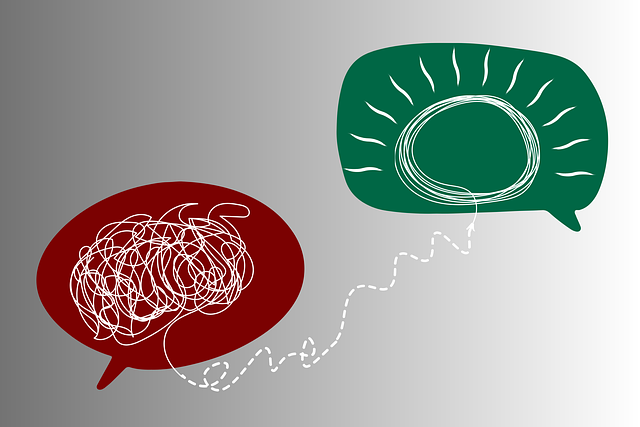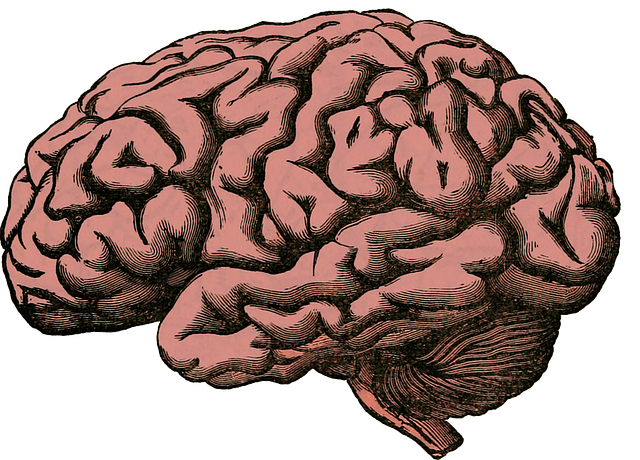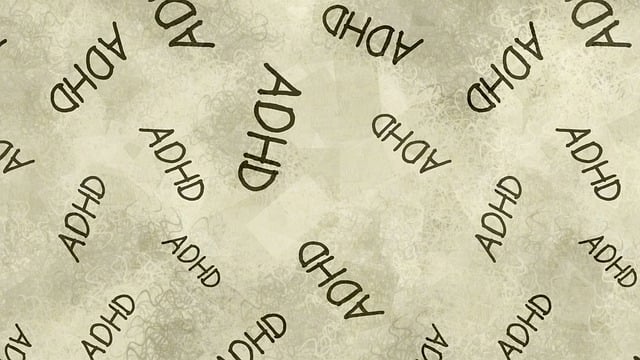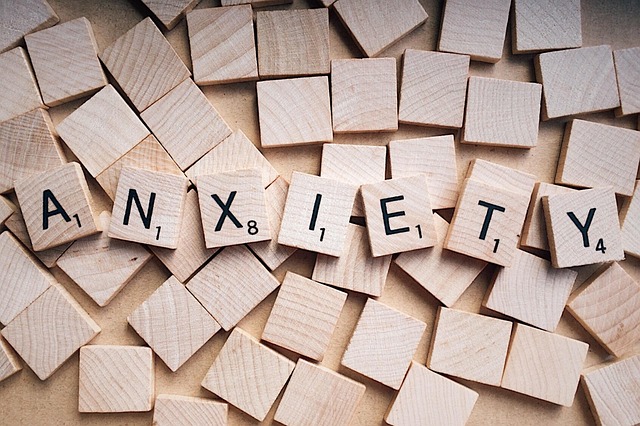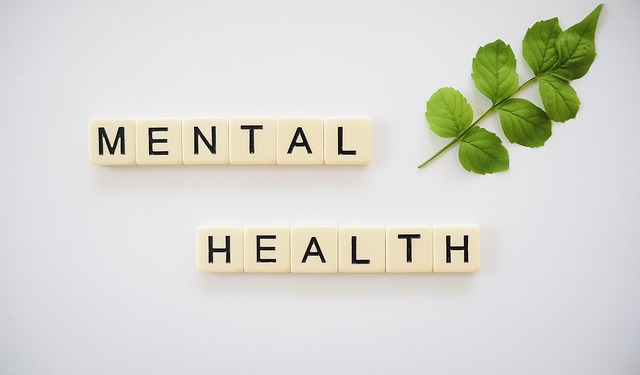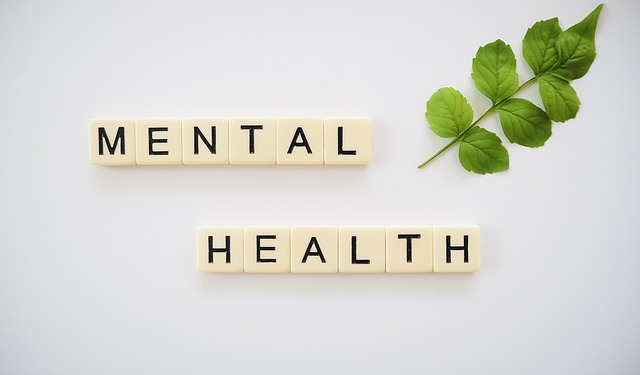Mental wellness is a key health focus for young adults facing academic, social, and digital pressures, which can lead to stress, anxiety, or suicidal thoughts. Recognizing therapy and support systems as strength-building tools is crucial. Personalized self-care routines, tailored to individual needs, including activities that reduce stress and foster calm, are vital components of effective therapy. Creative outlets, healthy habits, peer support, and community programs enhance emotional well-being. Early interventions like therapy for adolescent teens young adults build resilience and promote overall success.
In today’s fast-paced world, prioritizing mental wellness is more crucial than ever, especially for young adults facing mounting pressures. This article delves into the importance of self-care routines in fostering resilience among adolescents and teens, offering a comprehensive guide to understanding and enhancing mental health. We explore how personalized therapy, combined with practical self-care strategies, can empower young people to navigate life’s challenges effectively. Discover actionable tips tailored for this demographic to integrate wellness into their daily lives.
- Understanding Mental Wellness and Its Impact on Young Adults
- Building a Personalized Self-Care Routine for Effective Therapy
- Strategies for Integrating Self-Care into Daily Life: Tips for Adolescents and Teens
Understanding Mental Wellness and Its Impact on Young Adults

Mental wellness is a vital aspect of overall health, especially for young adults navigating the complexities of adolescence and early adulthood. This period is often characterized by intense emotional fluctuations, identity formation, and the development of lifelong habits. For many, it’s a time of discovery and growth, but it can also be incredibly challenging. The demands of academic or professional pursuits, social pressures, and the constant exposure to digital media can take a toll on mental health.
Young adults may experience a range of issues, from stress and anxiety to depression and even suicidal ideation. It’s crucial to recognize that therapy and support are not signs of weakness but rather essential tools for building resilience and inner strength. Crisis intervention guidance is available for those in immediate distress, while therapeutic practices focused on mental wellness can empower young adults to manage their emotional well-being effectively.
Building a Personalized Self-Care Routine for Effective Therapy

Developing a personalized self-care routine is an integral part of effective therapy for adolescent teens and young adults. It’s not just about checking boxes or following a generic list; it’s tailored to individual needs and preferences. A good starting point is to reflect on daily activities that bring joy, reduce stress, and foster a sense of calm. This might include hobbies like painting, meditation practices, regular exercise, spending time in nature, or connecting with supportive friends and family.
For those who have experienced trauma, building resilience through self-care becomes even more critical. Trauma support services often emphasize the importance of creating safe spaces where individuals can process their experiences at their own pace. Incorporating elements that promote emotional regulation, such as journaling, deep breathing exercises, or engaging in creative outlets, can be powerful tools in a personalized self-care routine. Remember, mental health policy analysis and advocacy also play a role by ensuring access to resources and services that support these individualized journeys towards healing and wellness.
Strategies for Integrating Self-Care into Daily Life: Tips for Adolescents and Teens

Integrating self-care into daily life is a crucial skill for adolescents and teens to cultivate, especially as they navigate the challenges of growing up. For young adults, prioritizing mental wellness can seem daunting, but with intentional strategies, it becomes an accessible practice. Start by identifying personal triggers and stressful situations; this awareness allows for better preparation and proactive measures. Incorporate regular exercise, a healthy diet, and sufficient sleep into routines, as these foundational habits significantly impact mood management and overall well-being.
Technology can be both a blessing and a curse. While it connects us, excessive screen time often contributes to stress and anxiety. Encouraging teens to set digital limits and practice mindful engagement with technology is essential. Additionally, engaging in creative outlets like journaling, art, or music can provide healthy avenues for emotional expression and relaxation. Consider joining community outreach programs or participating in group therapy sessions tailored for adolescent teens young adults; these platforms offer peer support and valuable tools for navigating mental health challenges. Remember, consistent self-care practices will not only enhance overall mental health but also serve as a robust foundation for future resilience and success.
Mental wellness is a cornerstone of overall health, especially for young adults navigating life’s challenges. By understanding the impact of mental health on this demographic, we can empower adolescents and teens to develop personalized self-care routines that serve as effective therapy. Integrating practical strategies into daily lives fosters resilience and enhances well-being, ensuring young adults thrive in a world filled with unique pressures. This approach, tailored for their needs, supports not just survival but also growth and success in the journey towards a healthy, fulfilling life.
